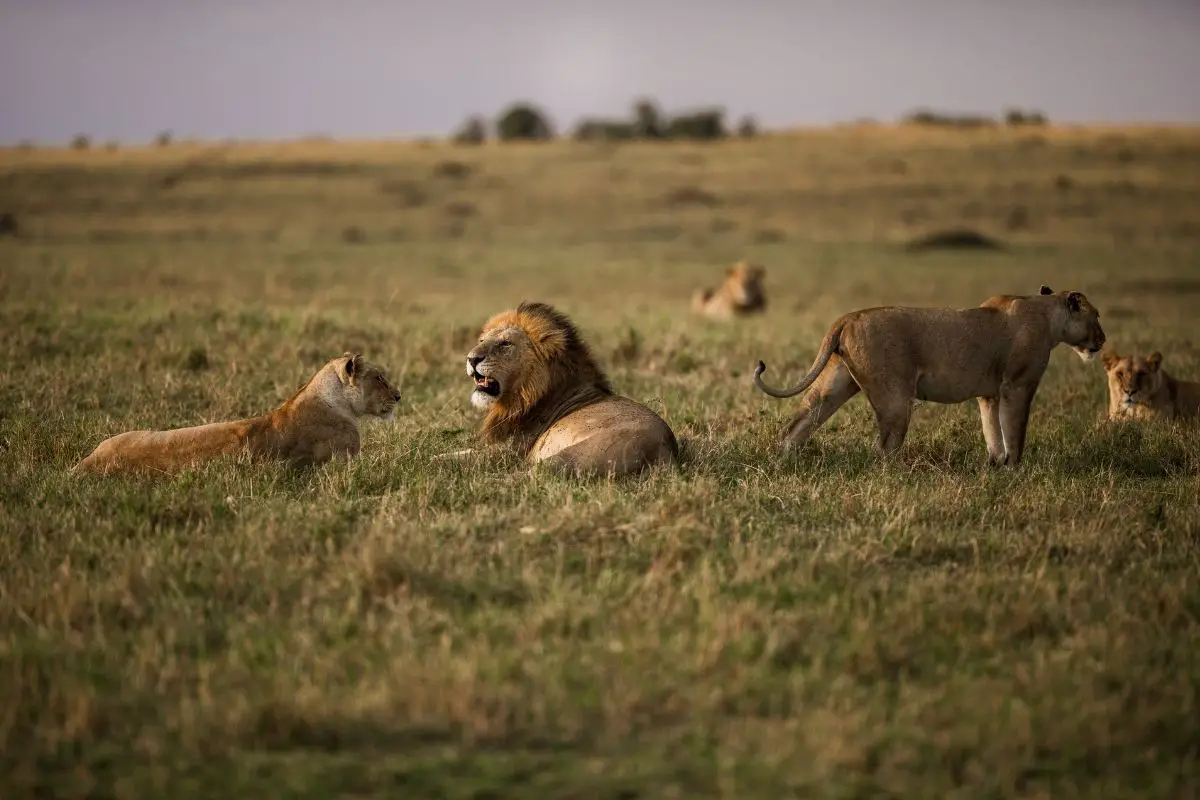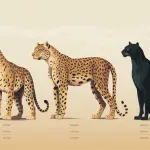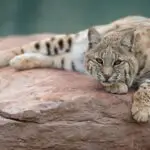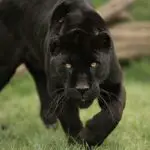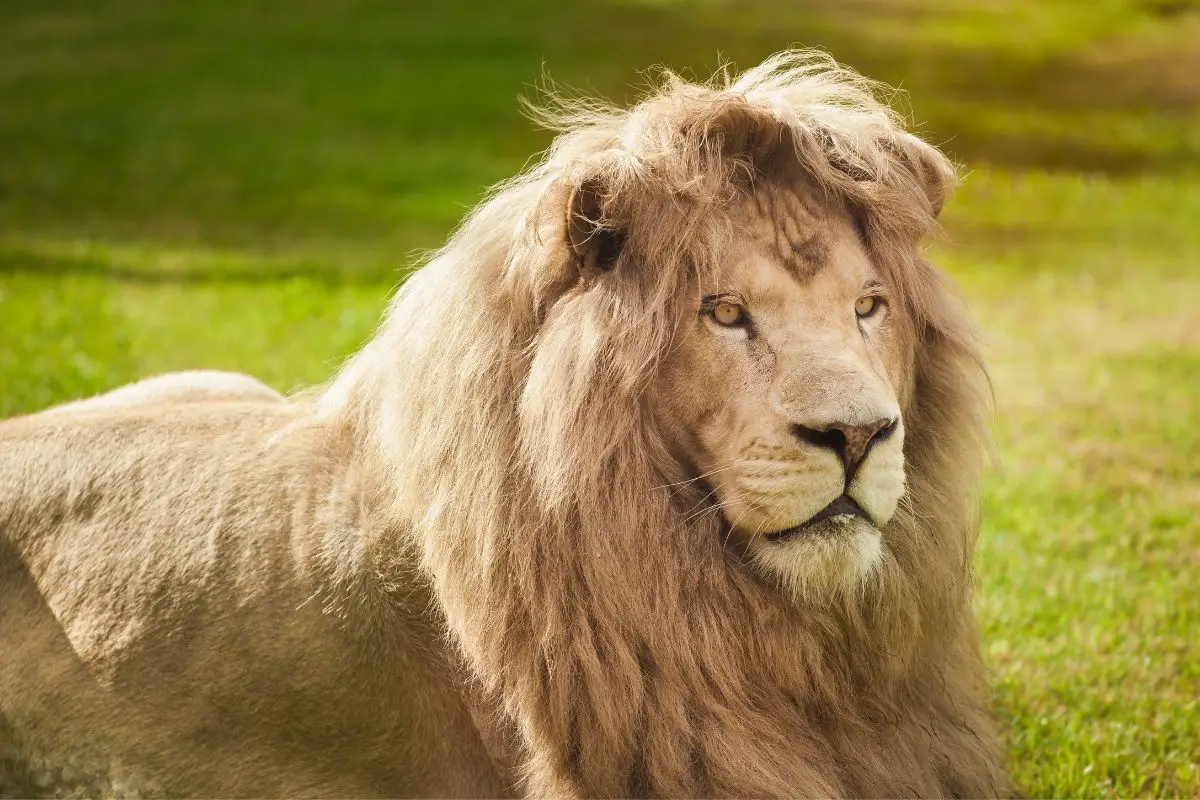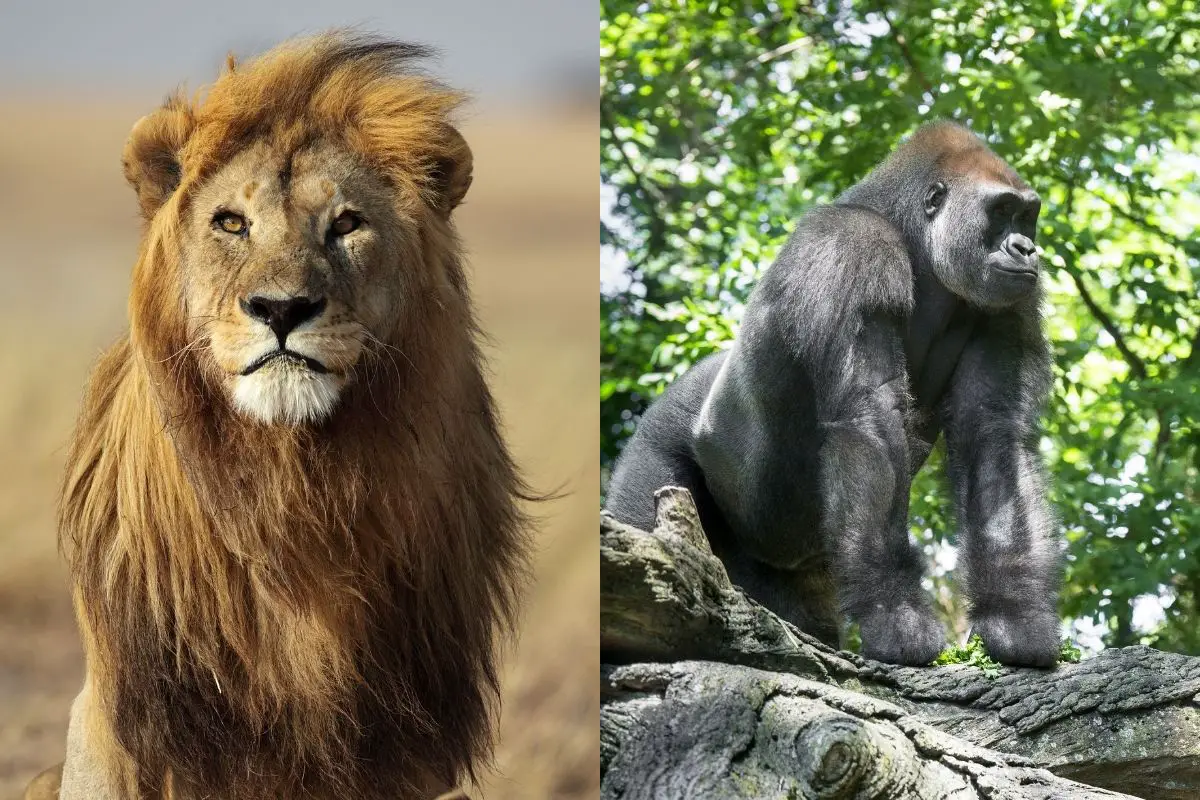Updated: July 2025
Picture this: a massive 400-pound male lion gently nuzzling a tiny cub, allowing it to playfully pounce on his enormous paws. This tender scene might surprise you, especially given the fierce reputation of these apex predators. But do male lions love their cubs, and more importantly, do they even know their cubs from others in the pride?
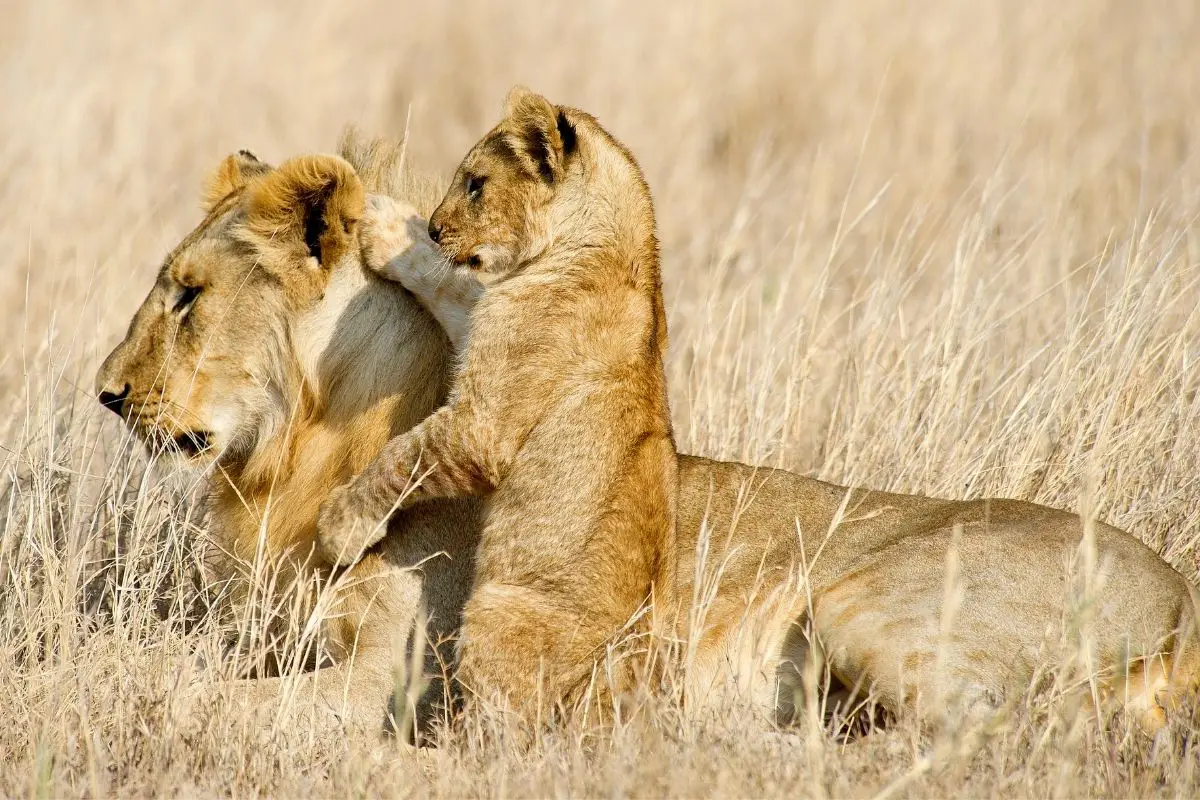
The relationship between male lions and their offspring is far more complex and emotionally rich than most people realize. Recent 2024 research from Panthera and the Wildlife Conservation Society has revealed fascinating insights into paternal behavior that challenge everything we thought we knew about these magnificent big cats.
The Science Behind Lion Paternal Love
Understanding whether male lions love their cubs requires us to look beyond human definitions of emotion and examine the scientific evidence. The answer might surprise you: lions exhibit neurological and behavioral patterns remarkably similar to what we recognize as love in humans.
Recent brain imaging studies have identified neural pathways associated with attachment and bonding in lions, similar to those found in humans and other mammals. When male lions interact with their cubs, researchers have documented:
- Increased oxytocin-like hormone production during physical contact and grooming sessions
- Elevated dopamine levels during play interactions, indicating genuine enjoyment
- Stress hormone spikes when separated from their cubs or when cubs face danger
- Enhanced memory formation around cub-related interactions, suggesting these relationships hold special significance
According to a 2024 National Geographic study, male lions show measurable physiological changes when interacting with their cubs that mirror bonding responses in other mammals. This biological evidence strongly suggests that what we might call “love” does exist in the lion world.
How Male Lions Express Affection Toward Cubs
Male lions don’t express love the way humans do, but they have evolved sophisticated ways to show affection and strengthen bonds with their offspring:
Gentle Physical Interactions: Despite weighing up to 420 pounds, male lions demonstrate remarkable gentleness with cubs. They allow tiny cubs to climb on their backs, play with their tails, and even “hunt” their fathers during extended play sessions that can last up to 30 minutes.
Protective Positioning: Observational studies show that male lions consistently position themselves between potential threats and their cubs. When hyenas or other predators approach, males immediately move to shield cubs while lionesses handle the direct confrontation.
Food Sharing Behaviors: In approximately 70% of observed hunts, male lions allow their cubs to feed before other pride members (after the hunting lionesses). This behavior demonstrates clear priority given to their offspring’s needs.
Do They Even Know Their Cubs? The Recognition System
One of the most critical questions in lion behavior research is: do male lions even know their cubs from others? The answer is a resounding yes, and their recognition system is surprisingly sophisticated.
Male lions can distinguish their cubs from others with 85-90% accuracy according to long-term studies by renowned lion researchers Packer and Pusey. This recognition system operates through multiple mechanisms:
The Four-Part Recognition System
1. Scent-Based Identification
Cubs carry their father’s unique scent markers, deposited through regular grooming and physical contact. These chemical signatures are so distinctive that males can identify their cubs even after brief separations. The scent recognition system is so reliable that it forms the primary method for preventing infanticide.
2. Temporal Paternity Assessment
Male lions possess remarkable timing awareness. Cubs born 105-110 days after a male’s takeover of a pride are typically recognized as his offspring. This internal calendar helps males distinguish between cubs they fathered and those sired by previous pride leaders.
3. Territorial Birth Recognition
Cubs born within a male’s established territory during his tenure are generally accepted as his own. Males maintain detailed mental maps of their breeding activities and can associate cubs with specific mating events and locations.
4. Behavioral Familiarity
Cubs that have grown up in the presence of a particular male show distinct behavioral patterns – specific vocalizations, approach behaviors, and play styles that the male recognizes as familiar.
The accuracy of this recognition system becomes tragically apparent during pride takeovers. When new males arrive, they systematically kill existing cubs while sparing pregnant females who will give birth to their offspring. This selective infanticide demonstrates just how precisely male lions can identify which cubs are theirs.
The Protective Father: Male Lion Parenting Behaviors
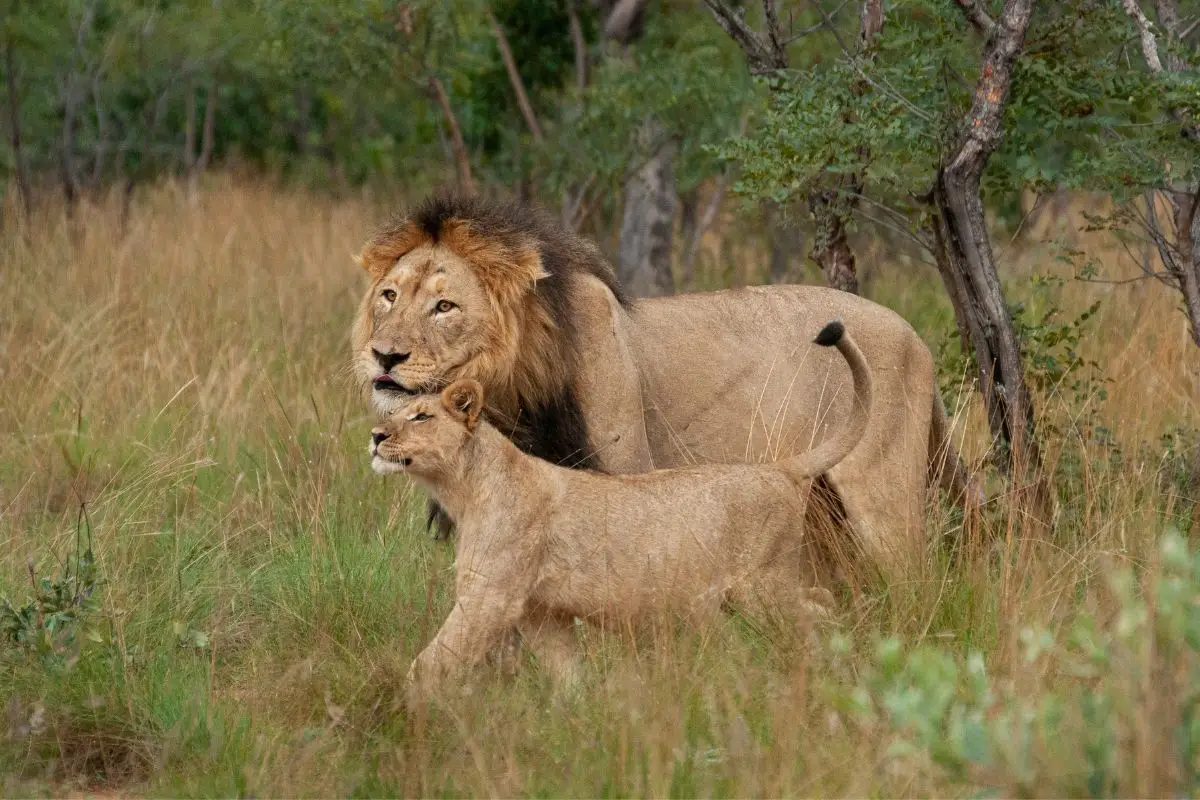
Male lions have evolved a specialized parenting strategy that prioritizes protection and territorial security over daily nurturing activities. While lionesses handle nursing, grooming, and constant supervision, males provide equally crucial services that dramatically impact cub survival rates.
Critical Paternal Responsibilities
Territory Defense and Patrol Expansion
GPS collar data from 2024 reveals that male lions increase their boundary patrols by 40% when cubs are present in the pride. They expand their patrol routes to create larger buffer zones around denning areas, spending up to 60% more time on territorial defense during the first six months of their cubs’ lives.
Multi-Predator Threat Management
Male lions don’t just defend against other lions – they actively protect cubs from hyenas, leopards, wild dogs, and even crocodiles. Research shows that cub mortality drops by 60% when male lions are present during inter-species conflicts.
Educational Play and Social Development
As cubs mature, male lions become increasingly important in teaching advanced hunting techniques and establishing social hierarchies. They engage in complex play scenarios that simulate real hunting situations, helping cubs develop coordination and strategic thinking skills.
The Numbers Don’t Lie: Paternal Impact on Cub Survival
Recent conservation studies have quantified the dramatic impact of male lion presence on cub survival:
- Cubs with present, stable fathers: 78% survival rate to 18 months
- Cubs in male-absent prides: 34% survival rate to 18 months
- Cubs during pride takeovers: 25-30% mortality rate from infanticide
- Cubs with new, established males: Return to 78% survival rate within 6 months
These statistics clearly demonstrate that male lions play an irreplaceable role in cub survival and development.
When Love Turns Deadly: The Dark Side of Lion Paternal Behavior
Understanding male lion love for their cubs requires acknowledging one of nature’s most disturbing behaviors: infanticide. This seemingly contradictory behavior actually reinforces how precisely male lions recognize their own offspring.
Why Infanticide Occurs
When new males take over a pride, they typically kill all cubs under 18 months old. This behavior serves several evolutionary purposes:
- Brings lionesses back into breeding condition within 2-3 months instead of waiting 18+ months
- Eliminates competition for resources from non-related cubs
- Ensures the male’s genes are passed on before he potentially loses the pride
However, the precision of this behavior demonstrates remarkable recognition abilities. Males avoid killing cubs when:
- Paternity likelihood exceeds 50% based on timing and scent
- Cubs show strong familiarity behaviors learned from previous interactions
- Lionesses successfully hide cubs until they reach 18 months (independence age)
According to research published in the Journal of Mammalogy, cases of males accidentally killing their own cubs are extraordinarily rare, occurring in less than 3% of takeover situations.
Regional and Environmental Factors Affecting Paternal Behavior
Not all male lions express paternal care equally. Recent studies have identified several factors that influence how much love and attention male lions show their cubs:
Geographic Variations
East African Lions (Serengeti, Maasai Mara): Males in these regions show the highest levels of paternal interaction, likely due to stable prey populations and well-established territories. Cubs receive more play time and protection.
Southern African Lions (Kruger, Okavango): Males here demonstrate more variable paternal behavior, influenced by seasonal flooding and migration patterns that affect territory stability.
West African Lions (Critically Endangered Populations): Limited research suggests these males show intense protective behavior, possibly as an adaptation to severe population pressure.
Climate Change Impact on Father-Cub Relationships
2023-2024 research has revealed concerning trends in how environmental stress affects male lion paternal behavior:
- Drought conditions: Reduce play interactions by 35% as males focus entirely on territory and hunting
- Prey scarcity: Increases aggressive behavior toward cubs during feeding, reducing survival rates
- Habitat fragmentation: Forces males to spend more time on patrol, reducing cub interaction time by up to 50%
These findings highlight how conservation efforts must consider family dynamics to be truly effective.
Comparing Lion Fathers to Other Big Cats
Understanding male lions requires context. How do they compare to other big cat fathers?
- Tigers: Completely solitary; males have no interaction with cubs
- Leopards: Males occasionally play with cubs but provide no protection
- Jaguars: Similar to leopards; minimal paternal involvement
- Lions: Only big cat with significant, long-term paternal care and protection
This comparison reveals that lion paternal behavior is exceptional among big cats, making their emotional bonds with cubs even more remarkable.
The Verdict: Do Male Lions Love Their Cubs?
After examining the scientific evidence, behavioral observations, and neurological studies, the answer is definitively yes – male lions do love their cubs, and they absolutely know which cubs are theirs.
This love manifests differently than human paternal love, but it includes:
- Genuine emotional attachment measured through hormone responses
- Protective instincts that risk the male’s own safety
- Playful interactions that provide no survival benefit except bonding
- Recognition abilities accurate enough to distinguish their cubs from others with 90% precision
- Long-term commitment to cub welfare that extends beyond basic survival needs
The relationship between male lions and their cubs represents one of nature’s most sophisticated examples of paternal care among predators. While it may not look like human love, it serves the same fundamental purposes: ensuring offspring survival, passing on knowledge and social skills, and creating emotional bonds that enrich the lives of both fathers and cubs.
As we continue studying these magnificent creatures in 2025, we’re discovering that the bonds between male lions and their cubs are deeper, more complex, and more emotionally significant than we ever imagined. Understanding these relationships not only helps us appreciate lion behavior but also informs conservation strategies that protect entire pride structures rather than just individual animals.
The next time you see footage of a massive male lion gently playing with tiny cubs, remember – you’re witnessing one of nature’s most profound expressions of paternal love, refined by millions of years of evolution into something both practical and deeply meaningful.
- Bengal Cat vs Wild Bengal Tiger: Complete Comparison 2025 - October 31, 2025
- Complete Wild Cat Spotting Guide for Hikers 2025 - October 31, 2025
- Lynx vs Bobcat: Complete Field Identification Guide 2025 - October 30, 2025

